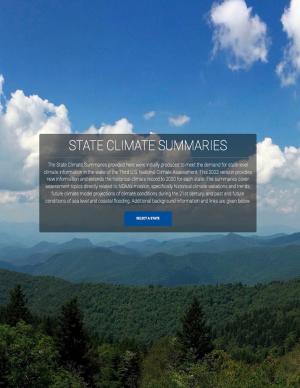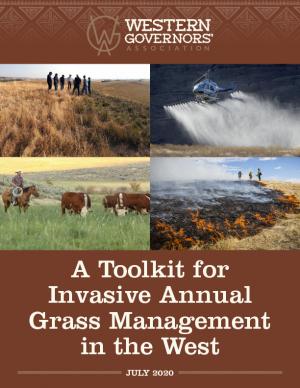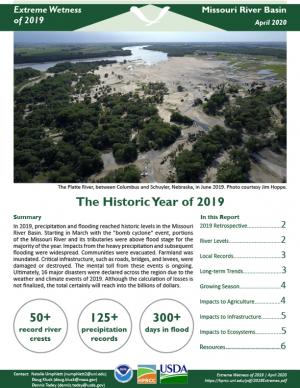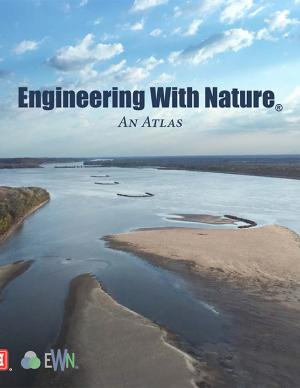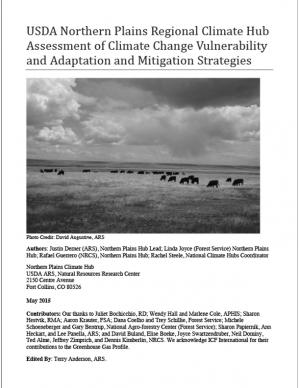Access a range of climate-related reports issued by government agencies and scientific organizations. Browse the reports listed below, or filter by scope, content, or focus in the boxes above. To expand your results, click the Clear Filters link.
The State Climate Summaries provided here were initially produced to meet the demand for state-level climate information in the wake of the Third U.S. National Climate Assessment. This 2022 version provides new information and extends the historical climate record to 2020 for each state. The summaries cover assessment topics directly related to NOAA’s mission, specifically historical climate variations and trends, future climate model projections of climate conditions during the 21st century, and past and future conditions of sea level and coastal flooding. Additional background information and links are given below.
Safe and secure water supplies are a continuing fundamental pursuit for life in the West. This 2021 Report provides an assessment of climate change impacts to water uses in the West and adds a new set of West-wide information based in paleohydrology. This report describes our collaborative actions taken to increase the reliability of water and power deliveries since 2016, including: science and research, planning, infrastructure sustainability, efficient hydropower production, and on-the-ground actions to meet needs for irrigation, municipalities, power, Tribes, and the environment.
The Western Governors’ Association and the U.S. Department of Agriculture are pursuing an effort to meaningfully address the large-scale infestation of invasive annual grasses on western forests and rangelands. One product of this effort is this toolkit for land managers working to combat the spread of invasive annual grasses in the West. The toolkit is comprised of a roadmap for invasive grass management, with new best management practices; case studies highlighting the application of these practices in Idaho and Wyoming; and a new geospatial data layer (which uses analytical tools to compile existing federal data) to help state and local managers assess invasive annual grasses within their jurisdictions while also offering opportunities to identify new cross-boundary collaborative projects. The roadmap and data layer are designed for easy integration into local management plans and can be tailored by state and local managers to reflect local data, knowledge, capacities, and priorities.
The heavy precipitation and flooding of 2019 was one for the history books. This report looks back at the major climate events and impacts of 2019 in the Missouri River Basin.
The EWN Atlas is a collection of 56 projects illustrating a diverse portfolio of contexts, motivations, and successful outcomes, presented and considered from an Engineering With Nature® perspective to reveal the usefulness of nature-based approaches and the range of benefits that can be achieved. Engineering With Nature is an initiative of the U.S. Army Corps of Engineers enabling more sustainable delivery of economic, social, and environmental benefits associated with water resources infrastructure. EWN intentionally aligns natural and engineering processes to efficiently and sustainably deliver economic, environmental, and social benefits through collaborative processes.
The Northern Plains has experienced increased weather variability and climatic changes throughout the 20th and early 21st centuries. This assessment presents observed changes, such as increased length of frost-free seasons, which pose risks and opportunities to agricultural production in the region. The assessment also highlights adaptation practices working land managers might consider to prepare for and respond to changes in climate by adjusting management in ways that harness benefits or reduce anticipated effect.

